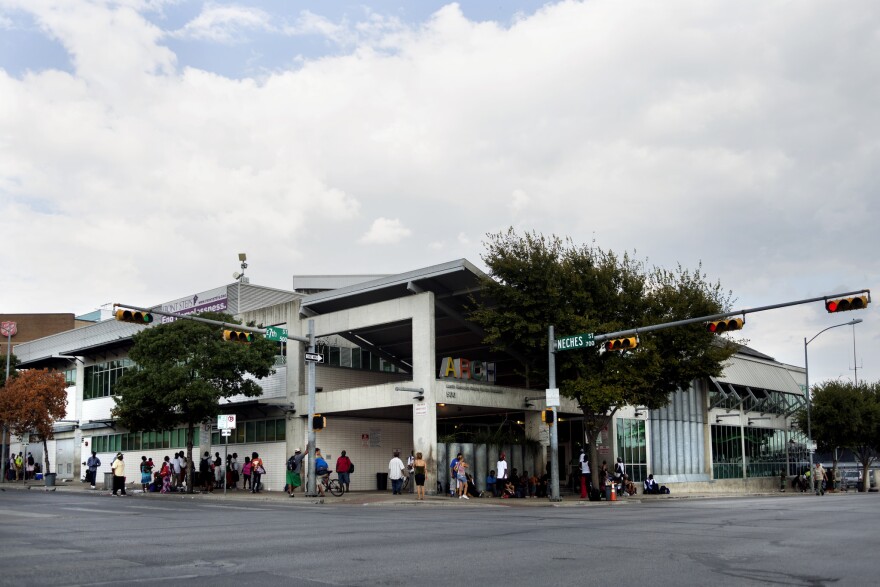Homeless advocates in Austin got a $1.1 million infusion from the federal government to advance a relatively new, market-based approach to getting people off the streets.
The Pay for Success initiative would seek investors to help fund programs to house homeless people, and then share in some of the government cost-savings of not having those same people be treated by emergency medical services, wind up in jail or otherwise require costly government services. In theory, the most successful programs would receive the greatest financial reward – incentivizing cost-efficiency.
The social impact bond is a relatively new concept. The investment bank Goldman Sachs, which considers itself a pioneer of the financial instrument, calls social impact bonds a form of public-private partnership that “leverages private investment to support high-impact social programs.”
Ann Howard with theEnding Community Homelessness Coalition (ECHO) believes the Pay for Success initiative could transform homelessness prevention in Austin.
“We know that once you house [the homeless], all this other good stuff happens,” Howard said. “We have room to get this done and do it right, and still experience a big savings.”
A preliminary analysis by ECHO and the New York-based non-profit Corporation for Supportive Housing found the most “expensive” 250 people experiencing homelessness in Austin incur average annual public costs of $222,603 per person. The lion’s share of that expense comes from in-patient hospital stays, with an average of 37 days per person at a cost of $4,800 per night.

However, ECHO still must come to agreement with the city, county and Central Health on the real cost of preventing things such as EMS transports and jail bookings. They also must agree on other various metrics for success.
Those calculations can be among the biggest challenges of social impact bonds, consultants say. Michael Etzel is with the Boston-based Bridgespan Group.
“In trying to avoid the costs to government that are incurred by all those challenges those folks face, it turns out that takes a long time to know if it works,” Etzel said. “It’s usually not an overnight success or failure.”





